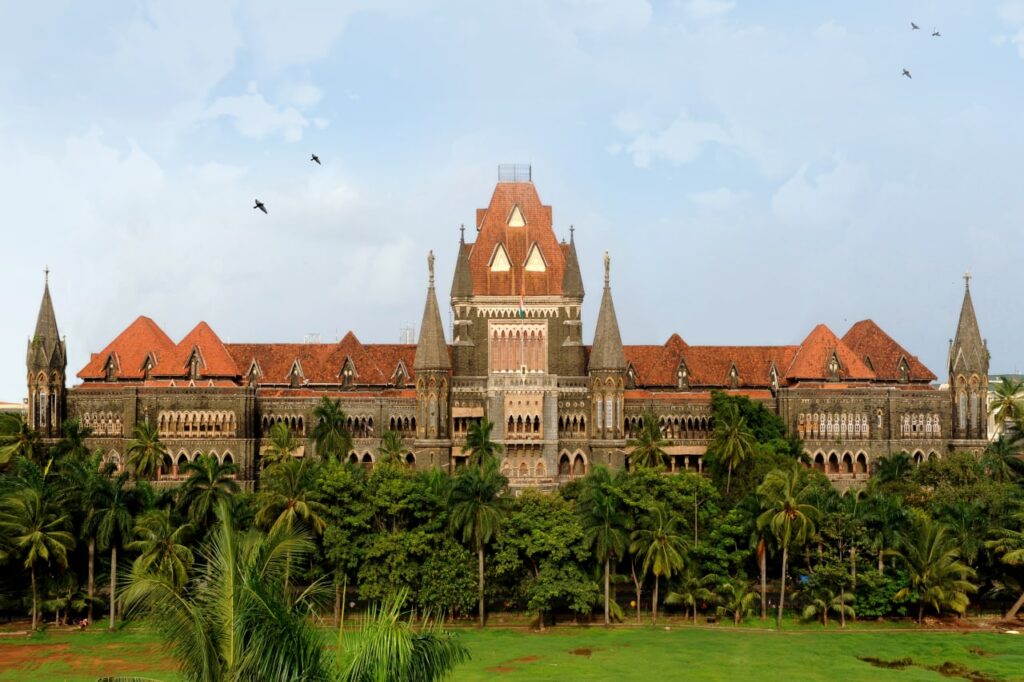The Bombay High Court stated that a conviction cannot be postponed just because there is a chance of running for elections.

The Bombay High Court denied the request to suspend the convictions of individuals found guilty of disrupting public transport and damaging property in 2008. These individuals wanted to run in the State Legislative Assembly Elections. They filed a request at the Aurangabad Bench of the High Court under Section 389 of the Cr.P.C. to seek a stay on their convictions. All applicants were convicted in a Sessions Case by Additional Sessions Judge-1 for offenses under various sections of the IPC and the Prevention of Damage to Public Property Act, 1984.
Justice Abhay S. Waghwase, in a Single-Judge Bench, stated, “This Court does not find any exceptional circumstances that would justify staying the convictions. The reasons provided do not present a strong enough case for the applicants to receive this relief.” Advocate R. R. Karpe represented the applicants, while APP N. B. Patil represented the State. The applicants argued that they are key members of a political party and that their convictions have disqualified them from running for office under Section 8(3) of the Representation of People Act, 1951. They highlighted that the State Legislative Assembly Elections have been announced, and their party is considering their candidacy. They also noted the lack of direct evidence linking them to the offenses, arguing that their roles were not clearly defined and there was no proof of their involvement.
The Respondent-State argued against lifting the stay on conviction, stating that a thorough trial had established the applicants’ guilt with strong evidence of their involvement. The case involved two applicants, a mother and son, who were accused along with others. In 2008, a group of 20 to 25 political activists, allegedly led by the applicants, blocked a Maharashtra State Transport bus while armed with stones, sticks, and other objects, causing damage to both the bus and a Municipal Corporation vehicle. Some police officers were also reported injured.
Regarding the stay on conviction, the Bench supported the Top Court’s stance that such relief is only granted in very rare cases. The power to stay a conviction is an exception, and the appellate court must be convinced of the serious consequences if the stay is not granted. The court emphasized that the applicants must show that not granting the stay would lead to irreparable harm that cannot be reversed. The Bench pointed out that the applicants only expressed a desire to run for election, without providing evidence that they were nominated by any political party. Thus, the possibility of candidacy alone does not meet the legal standards for such exceptional cases, making the current applications essentially premature.
The Bench referred to Section 8(3) of the Representation of People Act and stated that the Appellate court must be convinced that an exceptional case exists and that there is a serious risk of significant consequences before granting a stay on a conviction. It noted that applicants, who aspire to be public representatives, were found guilty of disrupting public transport and damaging public property. The Bench pointed out that the applicants were convicted under various sections of the IPC and the Prevention of Damage to Public Property Act, 1984, receiving a five-year sentence. Therefore, based on these facts and legal considerations, the Bench denied the application.
Cause Title: Mahesh & Ors. vs. State Of Maharashtra [Neutral Citation- 2024:BHC-AUG:26216-DB] Appearance:
Petitioner: Advocates R. R. Karpe, Shailendra S. Gangakhedkar, Abhaysinh K. Bhosle
Respondent: APP N. B. Patil









